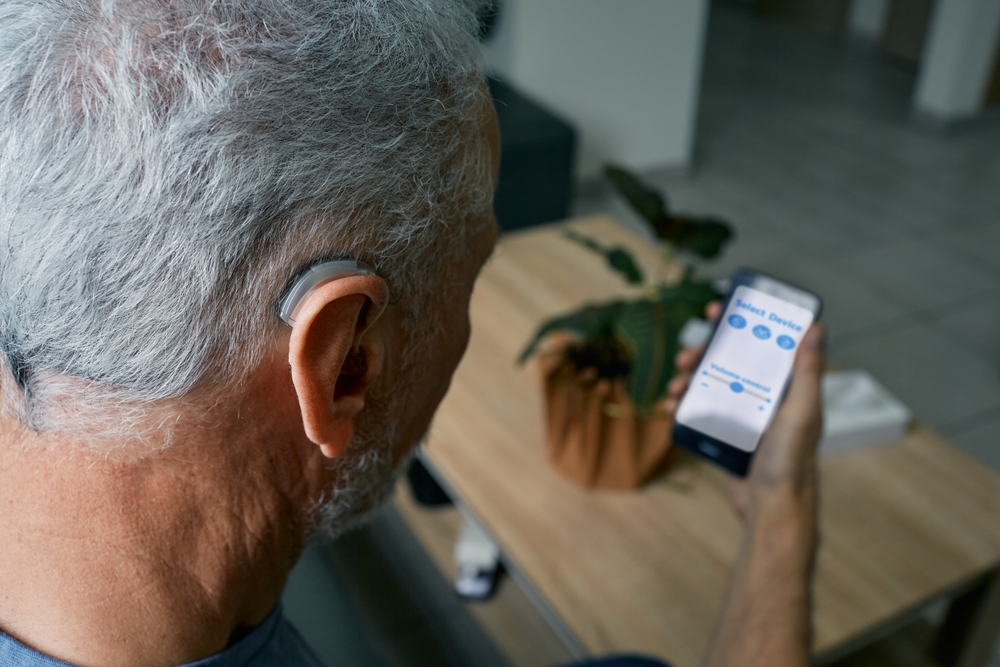Hearing aids are intended to help compensate for your unique hearing loss condition. Whether you are new to wearing hearing aids or have been wearing them for years if your hearing aids cause headaches or any other type of pain, there is a solution.
A properly adjusted hearing aid will fit comfortably in your ear and provide the quality of amplification that meets your individual needs. If this is not the case, you should make certain you have the appropriate type of hearing aid and that it’s been adjusted by a hearing instrument specialist.
Signs your hearing aid needs to be adjusted
If your hearing aids are not properly fitted, hearing aids cause headaches, are not being used correctly, or haven’t been adjusted for a long time, the following issues may arise:
- Inadequate Sound Quality. Hearing aids that are not adjusted well can amplify high-intensity sounds, causing a loud screeching sound that is bothersome and causes damage to your ears. Hearing aids in this condition can also make low intensity sounds inaudible.
- Feedback Noise. Your hearing aid may pick up and amplify background noise, such as wind, which can result in annoying, high-pitched feedback sounds.
- Headaches and Tinnitus. Hearing aids that are picking up loud sounds and amplifying them further can be painful to your ears and can cause headaches as well as tinnitus. This typically occurs in hearing aids with internal control settings that have been set too high.
Over-the-counter hearing aids
While over-the-counter hearing aids, commonly referred to as personal sound amplification devices, are immediately available and cost less than prescription hearing aids, they cannot be tailored to meet your specific hearing loss needs.
Improving your hearing requires more than simply amplifying sounds. There are many cases of hearing loss in which individuals lose the ability to hear a certain frequency. Hearing aid settings also have to be adjusted to allow the individual to be able to hear adequately in different environments.
Getting your hearing aid professionally adjusted
One of the best ways to ensure your hearing aid is fitted correctly is to have your customized hearing aid fitted by a hearing instrument specialist. Molds can be taken of your ear and used to fashion a custom-fitted hearing aid device. This avoids hearing aids that cause headaches. Once the proper fit is obtained, it will be necessary for your hearing instrument specialist to adjust the hearing aid settings so you can distinguish between unwanted noise and the sounds you want to hear.
Your hearing aid should also make automatic adjustments, which will allow you to hear background noises in different environments without interference. This may require multiple visits to the hearing instrument specialist to ensure you obtain the hearing aid that’s right for you and in tune with your lifestyle. If you have significant hearing loss, the adjustments to your hearing aid will be completed in stages to allow your brain time to adapt to louder sounds.



